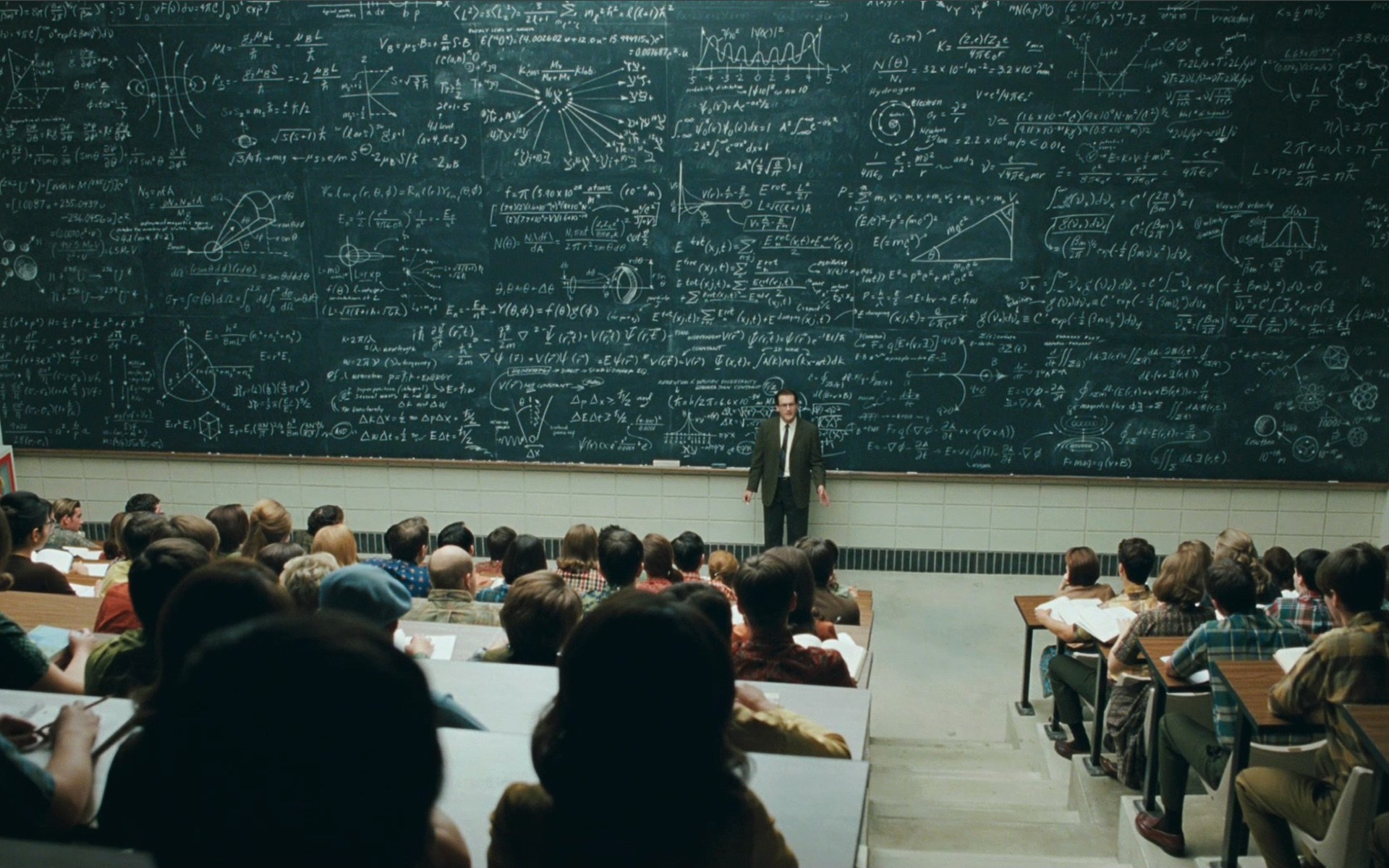
A scholarly article “Analyzing connections between teacher and student topic–specific knowledge of lower secondary mathematics” was published in the latest issue of Journal of Mathematical Behavior (SJR=0.923, Education, Elsevier, UK).
The article reflects the findings of a joint project carried out by a group of scholars from KFU (Ibragimova E., Shakirova L., Shakirova K.) and the University of Texas at El Paso (Choshanov M.). The research is a part of a greater cross-cultural study that focuses on a teacher-student relationship. The results of the initial research were presented in the article “Examination of Lower Secondary Mathematics Teachers’ Content Knowledge and Its Connection to Students’ Performance” published in Q1 journal InternationalJournal of Science and Mathematics Education” (SJR=0.893, Education, Springer, TheNetherlands).
The field of studies is essential for both the scientific research and teacher education. Current cross-cultural research examines and compares teacher’s influence on students’ academic attainments in Russia and the USA. That allows to trace the peculiarities of education processes in the two countries and to have a multi-faceted comprehensive view on the matter.
The sample comprised 97 Russian and 102 American teachers. The mixed method research approach utilizing questionnaires and interviews was employed during the studies. Participants were asked to fill in the questionnaire Teacher Content Knowledge Survey developed by our scholars which was followed by a qualitative analysis of the interviews conducted upon the completion of the questionnaires.
Significant statistical differences were spotted with regards to the variables indicating the Maths teachers’ subject-related knowledge. For example, teachers from the US displayed better knowledge in the theory of probability and statistics compared to their Russian colleagues which can be accounted for the Soviet methods of teacher education. The main finding is that students’ attainment does depend on teachers’ knowledge. This crucial finding should be taken into account by the institutions specializing on teacher education.
Attitudes towards mistakes as it pertains to teachers and students will be the focus of the future research which is also planned to be cross-cultural.